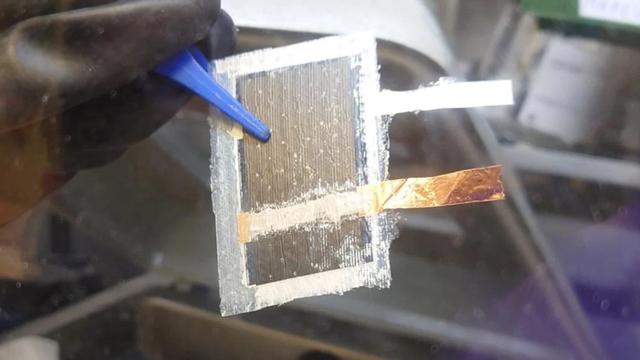
Sinonus, a spin-out from Chalmers University of Technology (CTU), is aimed at transforming the transportation industry with its groundbreaking carbon fiber material capable of storing electrical energy.
Researchers say this innovation has the potential to reduce the weight of cars and aircraft by up to 50%.
The material functions as both a structural component and a battery, eliminating the need for separate heavy batteries.
“Previous attempts to make structural batteries have resulted in cells with either good mechanical properties, or good electrical properties. But here, using carbon fibre, we have succeeded in designing a structural battery with both competitive energy storage capacity and rigidity,” said Leif Asp, a CTU Professor of Material and Computational Mechanics.
This can help in the development of lighter, more efficient electric vehicles with extended ranges and lighter aircraft with reduced fuel consumption.
Optimization at the system level
Sinonus CEO Markus Zetterström stated they have developed an innovative carbon fiber composite that doubles as a battery.
“By substituting part of the structural material in various applications with our multipurpose composite, it is possible to increase electrical storage capacity without adding weight or volume,” he explained.
“Alternatively, it can reduce system weight and volume while maintaining battery capacity, (or a combination thereof).”
According to Asp, while structural batteries may not achieve the same level of efficiency as traditional batteries, their structural load-bearing capability allows for significant gains at the system level.
“The key is to optimize vehicles at system level – based on the weight, strength, stiffness and electrochemical properties. That is something of a new way of thinking for the automotive sector, which is more used to optimizing individual components,” remarked Asp.
“In addition, the lower energy density of structural batteries would make them safer than standard batteries, especially as they would also not contain any volatile substances.”
Years of research, multiple breakthroughs
The development of structural batteries at CTU has been the result of many years of research, including previous discoveries involving certain types of carbon fiber. In a 2018 CTU study, researchers found that carbon fiber-based structural batteries could significantly reduce the weight of vehicles and aircraft.
In 2021, they achieved a significant milestone by announcing a structural battery with ten times the performance of previous versions.
This battery utilized carbon fiber as an electrode, conductor, and load-bearing material simultaneously, showcasing an energy density of 24 Wh/kg, approximately 20% capacity compared to comparable lithium-ion batteries available at the time.
Sinonus has already successfully demonstrated the technology’s viability by replacing AAA batteries in low-power devices.
The company is now focused on scaling up the technology for larger applications, including electric vehicles and aircraft, and is actively collaborating with industry partners to accelerate the integration of this innovative material into their designs.
The combination of weight reduction, increased energy efficiency, and enhanced safety makes this technology a game-changer with the potential to reshape the future of transportation.























